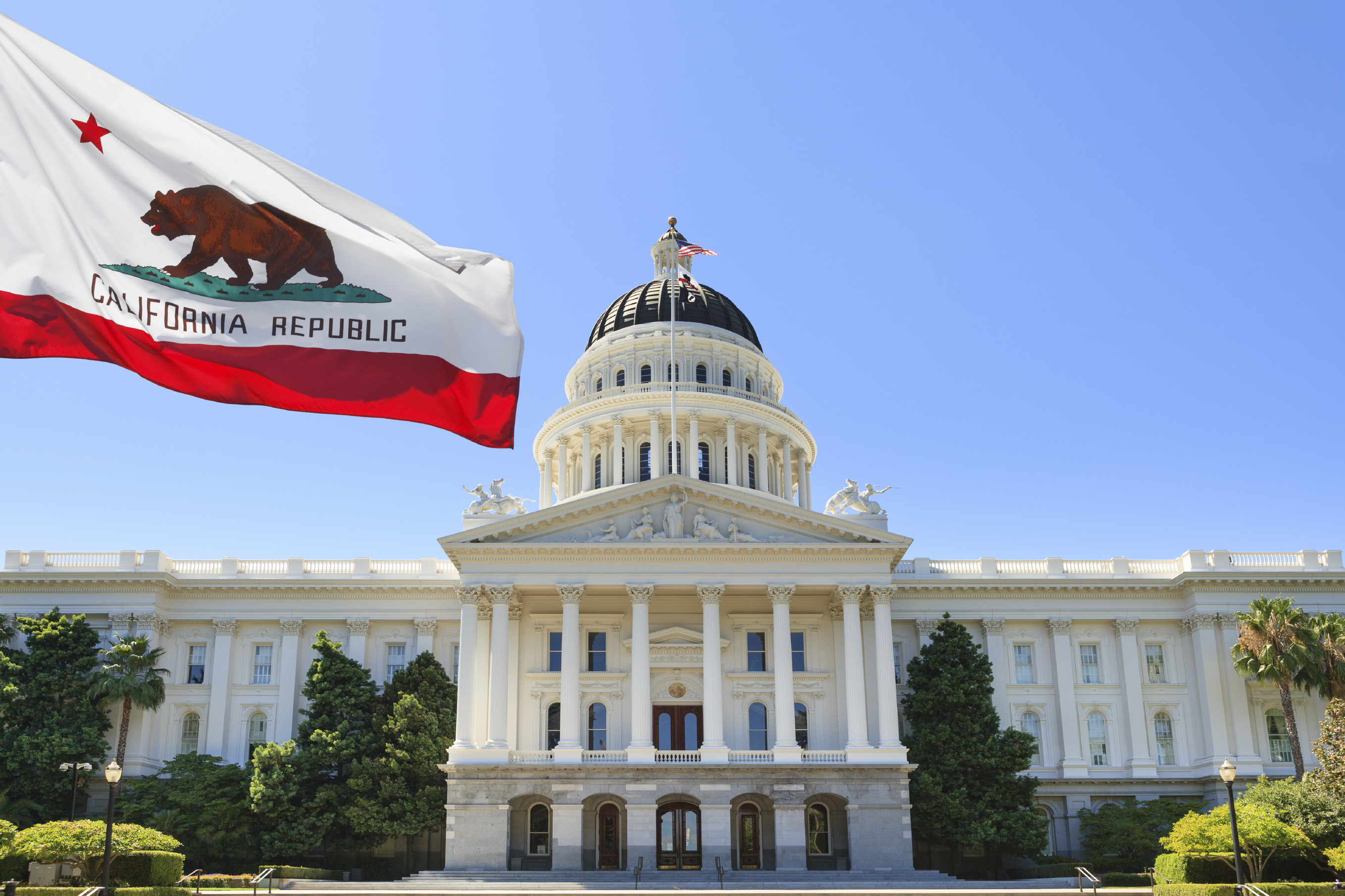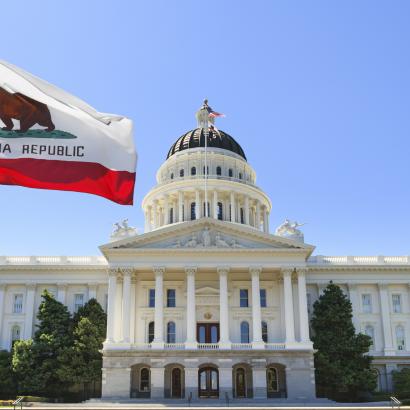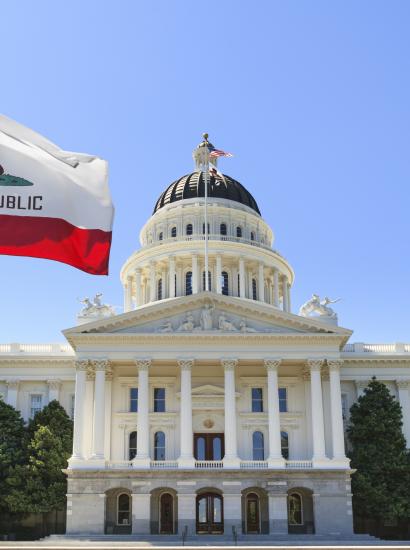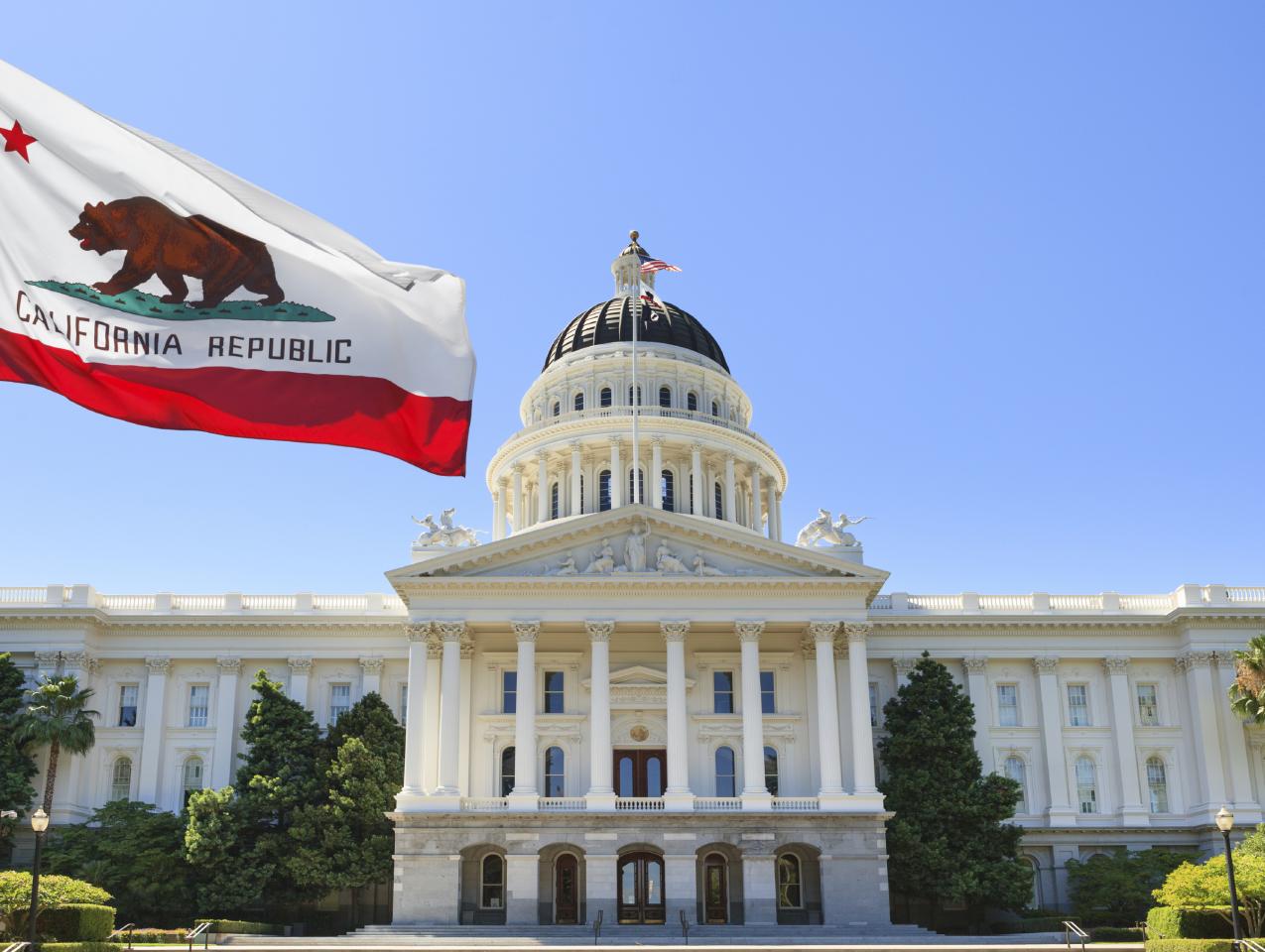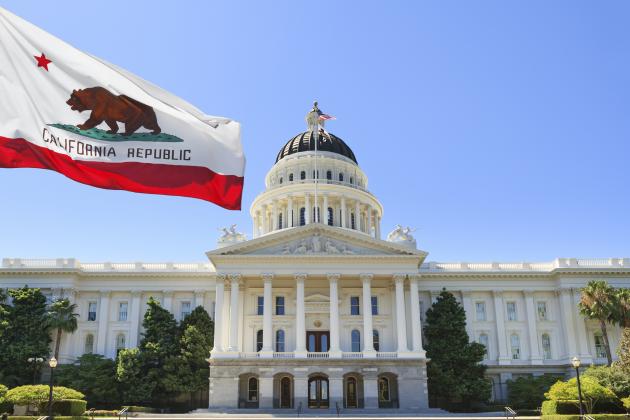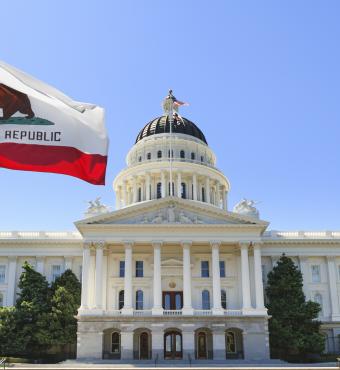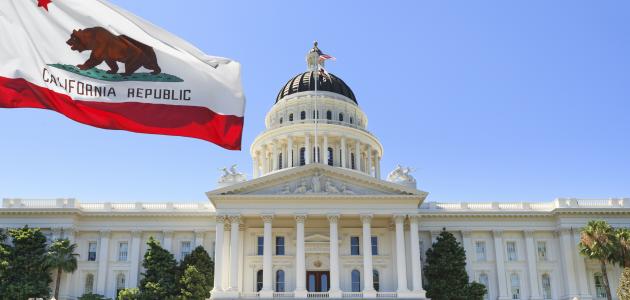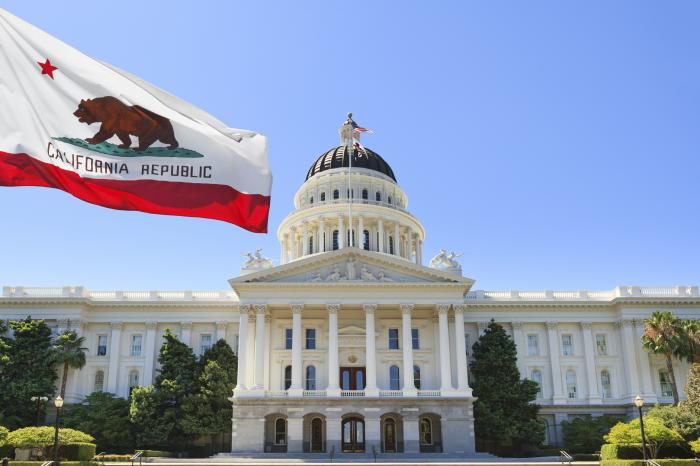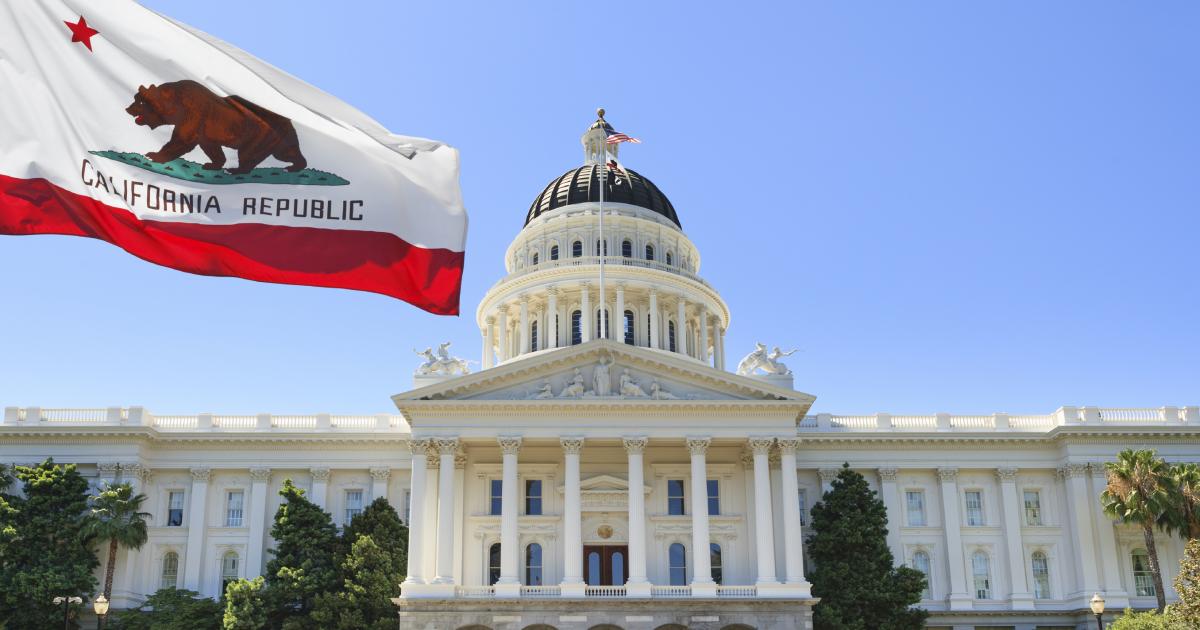- Politics, Institutions, and Public Opinion
- Campaigns & Elections
- State & Local
- California
Three things seem inescapable in the California of August 2021: COVID-19’s Delta variant; wildfires; and Massachusetts senator Elizabeth Warren.
The first two items are self-explanatory. From school re-openings to vaccine and testing mandates, fallout from the pandemic continues to dominate local news in America’s most populous state.
As for wildfires, so-called “incidents” (a less fiery bureaucratic term for outdoor blazes) dot the California landscape this year as in recent years past. Welcome to a new, smoke-filled age in which the Golden State’s Air Quality Index sits alongside the tanning index as a warm-weather concern.
So how does Elizabeth Warren fit into this troubled landscape?
In the first half of August, the former presidential candidate, adored by the left for her denouncements of wealth and the excesses of Wall Street, was on California’s airwaves morning, noon, and night in this televised ad making an argument for voting against the recall of Gov. Gavin Newsom in California’s September 14 special election.
Warren doesn’t pull punches in the ad. She calls out “Trump Republicans across the country attacking election results and the right to vote” and accuses said barbarians of “abusing the recall process.” What she’s attempting to do: awaken California Democrats to the notion that Newsom could soon be out of a job.
But is the Massachusetts senator the right Democrat to be making this argument—or, more to the point, the most effective voice for rousing Golden State Democrats from their slumber (you might be sleepy too, considering your party has lost only three statewide elections this century and none since 2006)?
I’m not the first person to ask this question. Last week, an unnamed “leading Democrat” told a Politico reporter that Warren is the wrong anti-recall spokesperson (“she’s too liberal, even for a lot of Californians”). Other unnamed sources claimed she doesn’t connect with a sufficient number of Democratic and independent voters.
Not having the benefit of seeing how focus groups might react to the Warren ad, I won’t speculate on her ability to move California’s political needle. But I do believe there are other Democrats—current and retired—better suited to shoring up Newsom’s support.
They include, among those presently holding office:
President Joe Biden. Actually, Biden’s already waded into the recall contest, with this tweet: “Gov. @GavinNewsom is leading California through unprecedented crises—he’s a key partner in fighting the pandemic and helping build our economy back better. To keep him on the job, registered California voters should vote no on the recall election by 9/14 and keep California moving forward.”
By the way, if Biden were to look into a teleprompter and read those works at a quick pace, it translates to a 30-second ad.
Vice President Kamala Harris. Newsom told reporters last week that Biden and Harris will visit California “in a matter of weeks” (the recall election now less than four weeks away) to help him save his job.
If so, let’s see how and where Newsom’s strategists deploy the nation’s first racially blended vice president—in particular, to turn out minority voters. Also, would Harris have the nerve to push back against the notion of talk radio host Larry Elder, the frontrunner in some recall polls, becoming California’s first Black governor?
Sen. Alex Padilla. But there’s another minority segment of the California segment that might be of graver concern to Newsom: Latino voters (39% of the population; 28% of the electorate) upset by public schools being closed (this pro-recall ad, en español, blasts Newsom for closing local schools while sending his own children to an exclusive private school that stayed open).
Could Alex Padilla, California’s first Latino senator, help Newsom by reminding Latino voters that it was the same embattled governor who awarded him his present job when Harris ascended to the vice presidency?
But what if Newsom’s strategists decide to turn to a prominent Democrat retired from office? Two names come to mind: former president Barack Obama and former California governor Jerry Brown.
However, both have complicated relationships with Newsom.
For Obama, it may be a question of how long of a political memory America’s 44th president possesses. In 2007, while mayor of San Francisco, Newsom endorsed Hillary Clinton for president—in return for his endorsement, earning a job as a national cochair of Clinton’s campaign. Newsom’s rationale at the time: “Hillary Clinton has been fighting for progressive values for decades and she has shown us all that she is ready to lead our country as we face enormous challenges.”
Adding insult to injury, Newsom also told reporters that there was an unnamed Democratic candidate who “will not be photographed with me, will not be in the same room with me” (presumably, Newsom meant Obama, as he and the eventual Democratic nominee disagreed at the time on legalizing same-sex marriage).
A decade later, the two apparently had made up—publicly, at least, with Obama endorsing Newsom’s gubernatorial run. But in 2021, does Obama have the time—and inclination—to throw himself into state elections? Moreover, considering the tone-deafness of the former president’s recent lavish birthday party (possibly a COVID spreader event), would Obama’s presence evoke memories of Newsom’s infamous French Laundry dinner?
Claims of living high on the hog and à la a French monarch isn’t a liability as far as a Jerry Brown endorsement is concerned, the former governor living off the grid in a modest ranch in northern Colusa County. The better question: Will Brown bother to lift a finger to help his successor, other than telling reporters than Newsom likely will survive the recall vote?
I could devote an entire separate column to the complicated relationship between the California governors present and most recent. With a difference of nearly 30 years in age, the two vary in both style and generational outlook. Rare for a former governor of the same party, Brown hasn’t shied away from taking his successor to task on those rare occasions when he interacts with the media (last month, for example, Brown said of Newsom’s recent spending binge: “We need a more frugal, sustainable, prudent way of doing business. I would predict, certainly within two years, we’re going to see fiscal stress”).
The idea of Brown cutting a television ad singing Newsom’s praises? Not likely. Though he might go down the same path as Warren and try to dismiss the recall as a Trump-inspired conspiracy.
In the final analysis, it may not matter who speaks on Newsom’s behalf. Nearly 18 years to this day and amidst another California recall election, then governor Gray Davis gave an impassioned speech in Los Angeles in which he spoke about a conservative cabal to remove him from office.
“When Republicans can’t win elections fair and square, they resort to this,” Davis said. “I am going to fight this recall and the right-wing forces behind it. You can take that to the bank.”
Seven weeks later, Davis lost in a landslide (with 55% of Californians who voted on the recall question opting to remove him from office).
Newsom has half the time to make his case against being recalled. If he wants to avoid Davis’s fate, he might consider something less stale and more original than evoking right-wing bogeymen.







